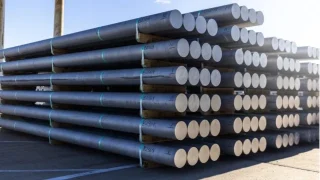
In the report, entitled Sustainable Immigration and Cultural Integration, Professor Kasper outlines the benefits of past migration. He points out that Australians can be justifiably proud of the successful integration of so many migrants into a decent society, a stable, free democracy, and a prospering economy.
‘Since 1945, Australia has taken in more migrants on a per-capita basis than any other OECD country, including 600, 000 refugees. In the process, it has become a cosmopolitan and culturally flexible society that can benefit more readily from the opportunities of globalisation than the more traditional, staid societies of Europe or Japan.’
Nonetheless, Australian voters have in recent years become more sceptical about mass immigration. Migrant intake must therefore be judged in terms of the interest of those living here if increased migration is to gain popular support. This will require a number of policy changes; in particular keeping our borders secure, repealing official multiculturalism, and returning cultural integration to civil society.
Kasper also argues for a more energetic protection of the rule of law vis-à-vis groups that display reservations, if not overt or covert hostility, to Western values. ‘Government must defend equal rights, including those of women, and withdraw tolerance for those who are intolerant or violent in pursuit of differing cultural values’, he says.
The number of people wanting to settle in Australia is rapidly increasing. Kasper proposes a variety of selection mechanisms: the present administrative points system, a visa lottery, similar to the US Green card lottery, and the auctioning of settlement rights in Australia.
‘The government could fix an annual settlement quota and then allocate it to the highest bidders, subject to certain checks. This would compensate residents for sharing with newcomers a number of valuable collective possessions, such as good infrastructures, great environmental amenities and an attractive, open, rule-bound society. And it would signal that we are confident and eager to attract enterprising people who are keen to make a commitment to this country.’










